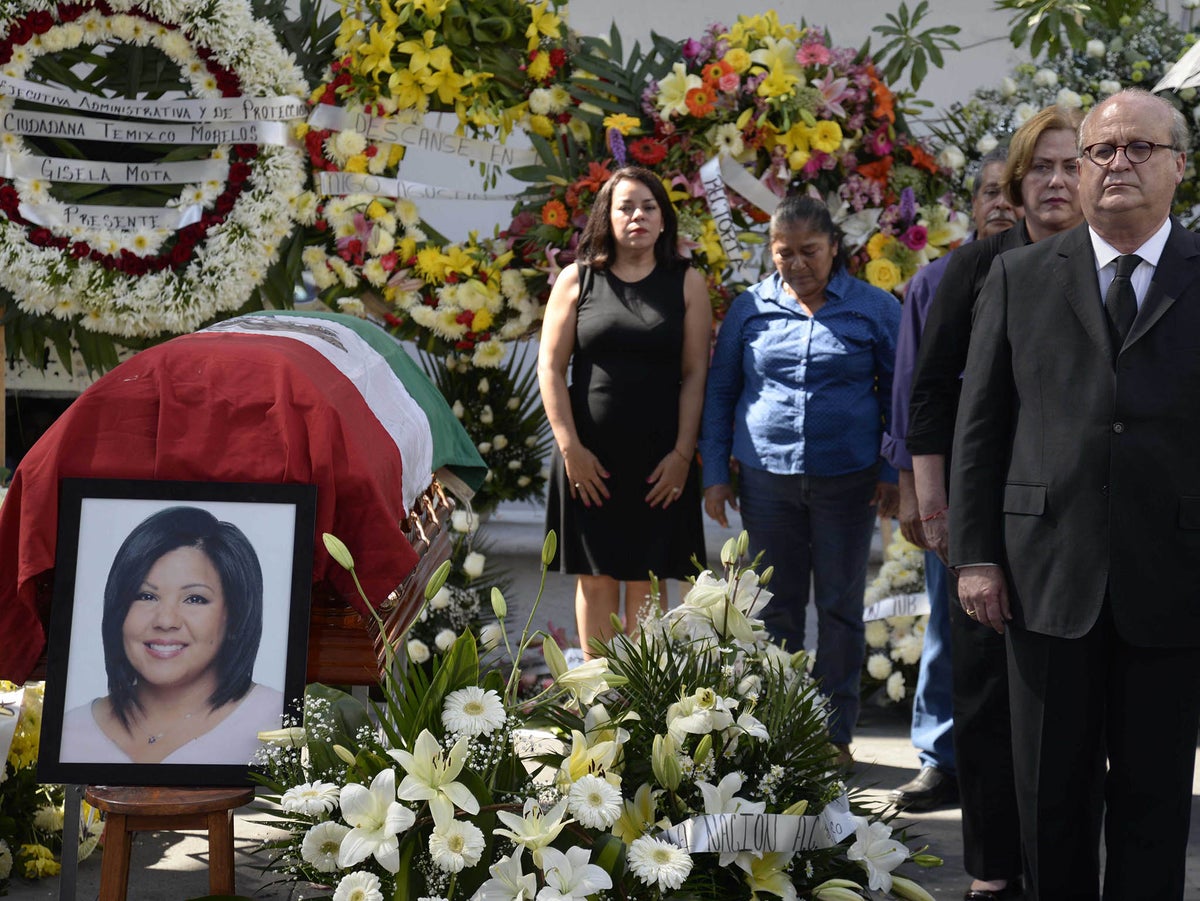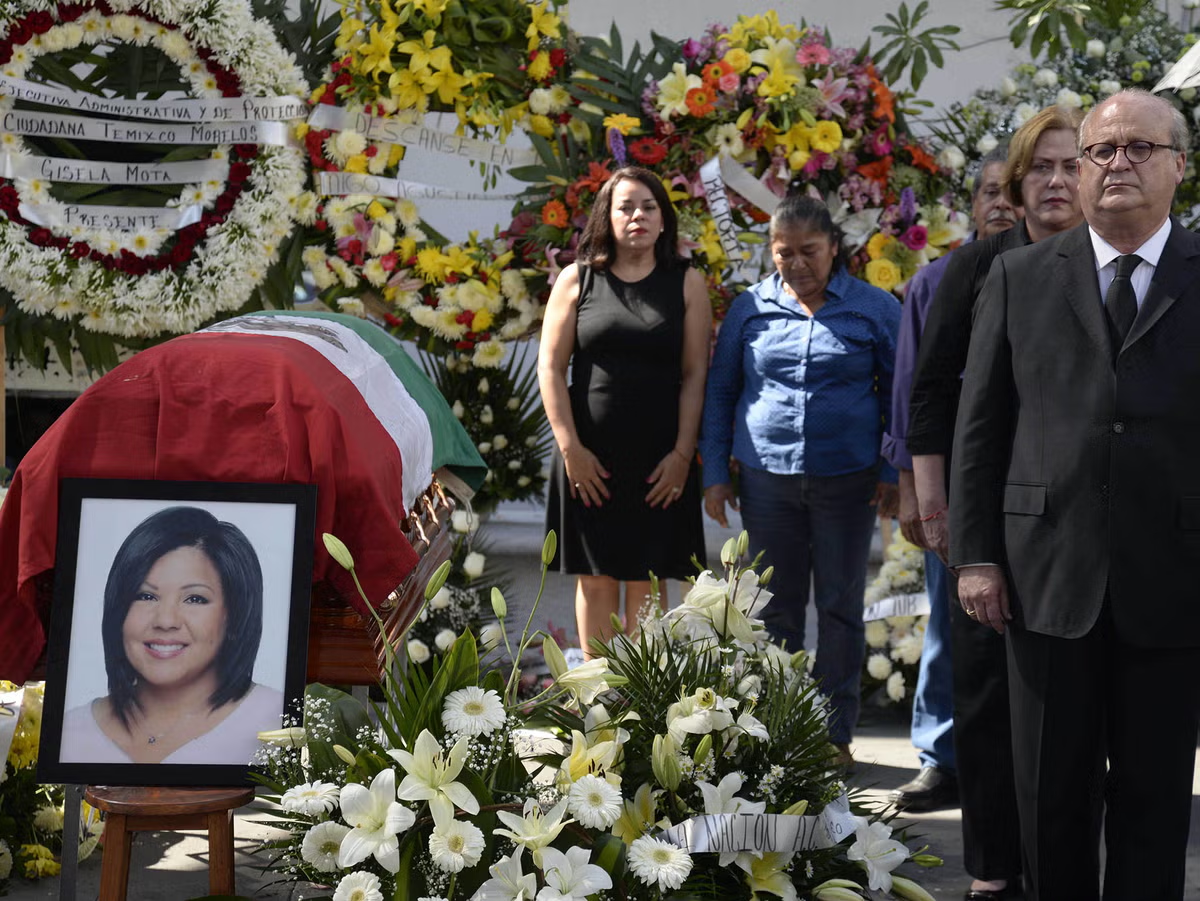Democracy is under threat in many parts of the world. In Central America, the influence of drug mafias and the rise of political violence are alarming. The situation in Mexico, in particular, highlights the gravity of this issue. A mayoral candidate and several other candidates have been murdered during elections. It is becoming increasingly difficult to determine who holds power – the government or the drug cartels. This calls for urgent attention from the United Nations and the global community to protect and preserve democracy.

The Rising Threat in Mexico
Mexico has been a hotspot for drug-related violence for years. Drug cartels wield significant power and influence. They often resort to extreme violence to maintain their control. The recent murders of political candidates are a stark reminder of the dangerous intersection of politics and organized crime.
During the recent elections, a mayoral candidate and more than a dozen other candidates were brutally murdered. These killings were not isolated incidents. They are part of a broader pattern of intimidation and violence aimed at controlling political processes. This creates a climate of fear that undermines democracy.
The Control of Drug Cartels
In many regions of Central America, drug cartels operate with near impunity. They control large swathes of territory and have infiltrated various levels of government. Their influence extends beyond just drug trafficking. They engage in extortion, kidnapping, and other criminal activities.
The power of the cartels makes it difficult for legitimate authorities to function. Law enforcement agencies are often outgunned and outnumbered. Corruption is rampant, with many officials either complicit or too afraid to act against the cartels. This creates a situation where it is hard to determine whether the government or the drug mafias are in control.
Impact on Democracy
The impact of this violence on democracy is profound. When political candidates are murdered, it sends a chilling message to others. It discourages people from running for office and participating in the democratic process. Voters are also intimidated, fearing reprisals if they support certain candidates or policies.
This undermines the very foundation of democracy, which is based on free and fair elections. If people cannot safely run for office or vote, then democracy cannot function. Instead, power shifts to those who can wield the most force, often the drug cartels. This creates a vicious cycle where violence begets more violence, further eroding democratic institutions.
The Role of the United Nations and Global Community
The United Nations and the global community have a critical role to play in addressing this crisis. It is essential to recognize that the problem of drug cartels and political violence is not just a local issue. It has far-reaching implications for regional stability and international security.
First, the UN and other international organizations should prioritize the protection of political candidates and activists. This can include deploying international observers and peacekeeping forces in areas with high levels of violence. Providing security training and resources to local law enforcement can also help.
Second, there should be a concerted effort to address the root causes of drug trafficking and organized crime. This includes tackling poverty, unemployment, and corruption, which create fertile ground for criminal activities. International aid and development programs should focus on these areas to reduce the appeal of joining cartels.
Third, there must be greater international cooperation in combating drug trafficking. This involves sharing intelligence, coordinating law enforcement efforts, and disrupting the financial networks that support cartels. Countries that are major consumers of drugs, particularly the United States and European nations, have a responsibility to reduce demand and support these efforts.
Strengthening Democratic Institutions
Strengthening democratic institutions is also crucial. This includes ensuring the independence of the judiciary, protecting the freedom of the press, and promoting civic education. When people have faith in democratic processes and institutions, they are more likely to resist the influence of cartels.
Local governments should also be empowered to address issues within their communities. Decentralizing power can help ensure that responses are tailored to specific local conditions. However, this requires building the capacity of local governments and ensuring they have the resources needed to be effective.
Case Studies and Lessons Learned
Other countries facing similar challenges can provide valuable lessons. Colombia, for example, has made significant strides in reducing the influence of drug cartels. This was achieved through a combination of military action, judicial reforms, and social programs. While challenges remain, Colombia’s experience shows that progress is possible.
Another example is Italy’s fight against the Mafia. Through persistent efforts, including strict anti-mafia laws and the protection of witnesses, Italy has managed to significantly weaken the Mafia’s influence. These examples highlight the importance of a comprehensive approach that combines enforcement with social and economic reforms.
Conclusion
The situation in Central America, particularly in Mexico, is a stark reminder of the fragility of democracy in the face of organized crime. The murders of political candidates are not just crimes; they are attacks on the democratic process itself. It is crucial for the United Nations and the global community to take immediate and decisive action.
Protecting political candidates, strengthening democratic institutions, and addressing the root causes of organized crime are essential steps. International cooperation and support are vital to ensure that democracy can flourish even in the most challenging environments. The stakes are high, but with concerted effort and commitment, it is possible to turn the tide and safeguard democracy for future generations.



Leave a Reply